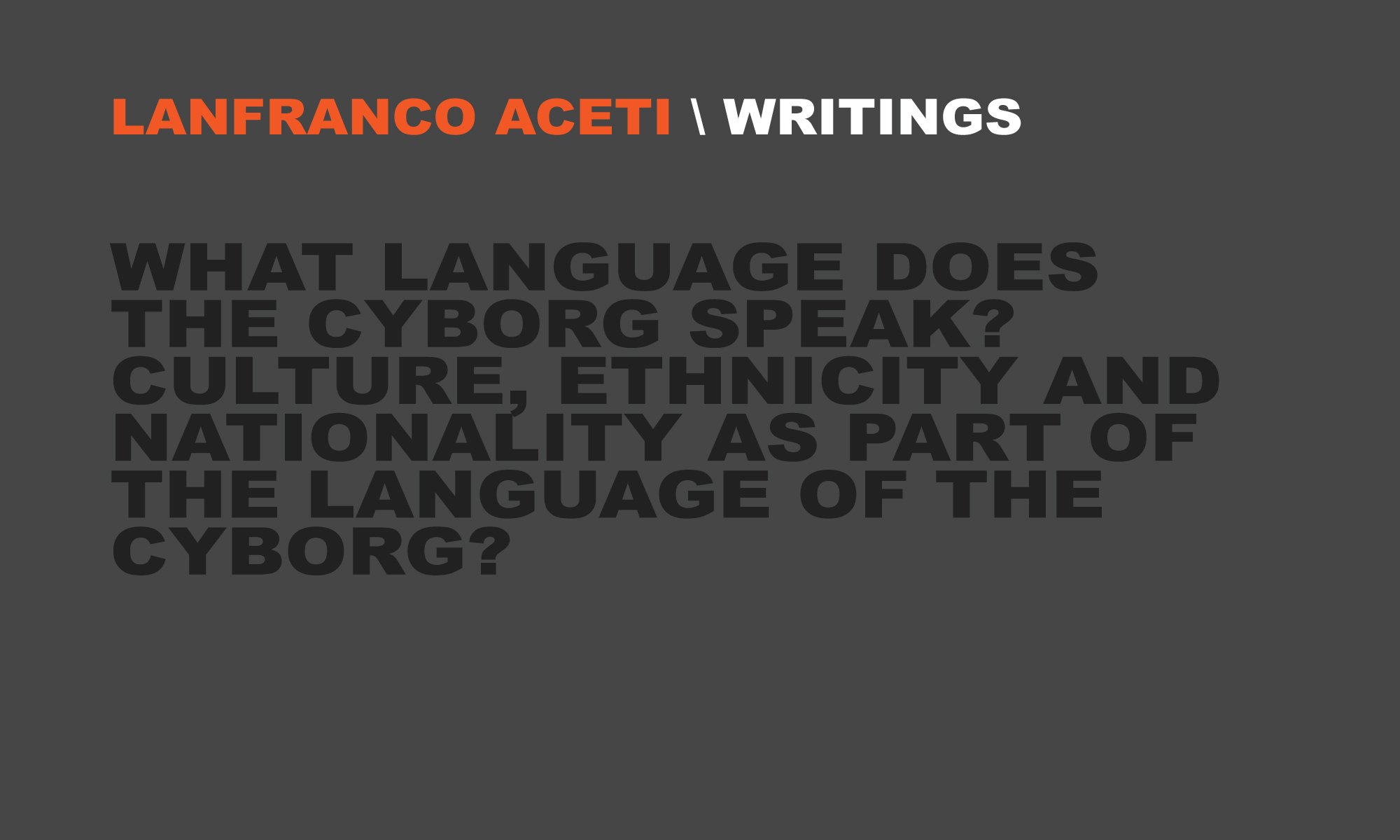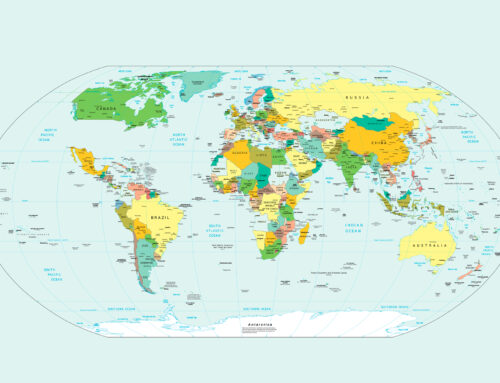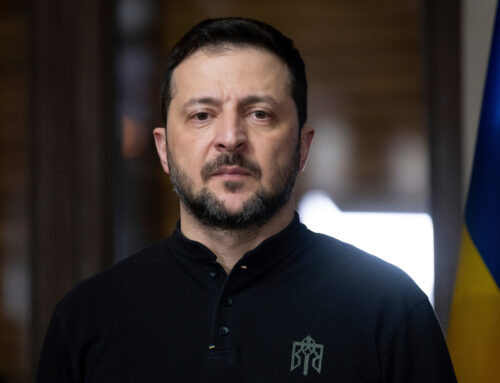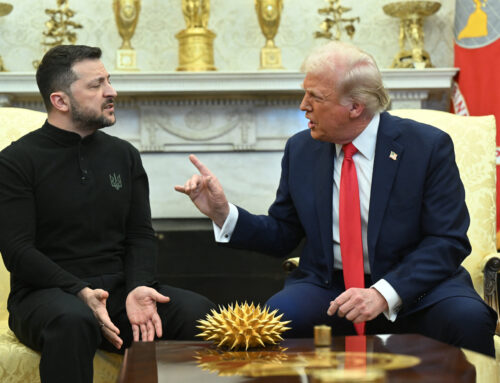WHAT LANGUAGE DOES THE CYBORG SPEAK? CULTURE, ETHNICITY AND NATIONALITY AS PART OF THE LANGUAGE OF THE CYBORG?
ABSTRACT
The essay will explore the concept of post-humanity as a cultural construction that, as Elaine Graham explained, [1] is a condition which affects both human and post-human social frameworks. If the post-human body is a cultural definition, does the cyborg speak English, as it is the globalizing and totalitarian language? What is the relationship between the imagined cybernetic utopia of liberation and the post-human existence developed in different cultural contexts?
The condition of humanity in cyborgology, and its relationship with post-humanity, is based on a utopian assumption of liberation and freedom from human restraints. This process of liberation is one that either transcends culture, ethnicity and nationality or is ‘enriched/complicated’ by them. As a consequence, the language spoken by the cyborg becomes a reflection of the cultural imperatives that underpin the cyborg’s future existence. If, in this context, the language spoken by the cyborg is English, what is the relevance of this new liberator to a culturally diverse audience? What are the elements inherited from culture, nationality and ethnicity that can be subsumed into the cyborg’s existence and what role, disruptive/constructive, will this elements play?
The essay will conclude by making a case for the existence of the cyborg as a reflection of the cultural realities within which the machine is embodied. By analyzing the cyborg as a dystopic reality as opposed to an utopian idealized future existence, the paper will argue that the coming of age of the cyborg demands the recognition and definition of the roles and challenges that culture, ethnicity and nationality play in the embodiment of human biological organs in the machine.
[1] “My critique of some of the most prominent representations of what it means to be post/human has revealed a multiplicity of visions and political/economic interests. I have been particularly critical of models of post/humanity which adopt self-fulfilling prophecies of evolution, either to foretell human obsolescence or to predict an era of the superhuman.” Elaine L. Graham, Representations of the Post/human: Monsters, Aliens and Others in Popular Culture (Manchester: Manchester University Press, 2002), 225.
KEYWORDS
Post-humanity, cyborg, dystopia, utopia, Futurism, crisis, evolutionary process






